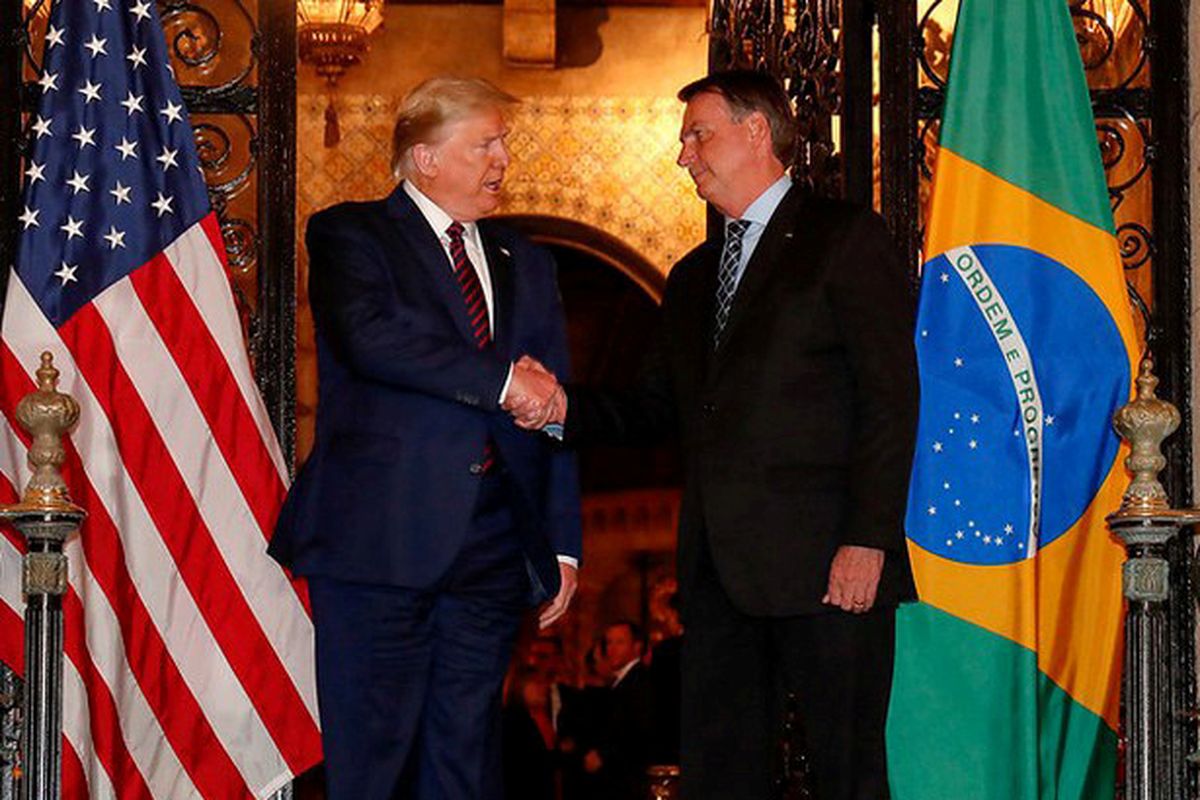In the Coronavirus Pandemic Battle, Populist Leaders Perform Poorly

Wright, who directs the think tank's Center on the United States and Europe, said the disease “hits every blind spot that the populists have" and discredits a core piece of their proposition to voters.
“They basically are calling for disruption to attack the state and for distrust of institutions. And in objective reality, the virus disproves all of that," he said.
“Because you need a functioning bureaucracy, you have to have confidence in the numbers, and you have to respond in a scientific way. Otherwise, more people will die and more people will get infected," Thomas Wright continued.
— In the United States and Brazil, Trump and Bolsonaro at times have minimized the disease, touted unproven remedies and sparred with and sidelined scientists and health officials.
Instead of framing and implementing a consistent anti-Covid strategy for their nations, they often have seen state and local leaders leading the fight.
Read also: First Covid-19 Vaccine in US Ready for Final Testing
— In Britain, Johnson was slow to order closures when the disease was raging on the European continent.
But he became much more serious about fighting it after his own serious illness left him fighting to breathe.
— In India, Modi addressed the disease aggressively in terms of closures and lockdowns but also argued over facts with his government’s own statisticians, controlled information and at times promoted homeopathic and folk cures.
When it comes to the coronavirus, Jishnu Das, an economics professor at Georgetown University, sees common strands between India and the United States, the world's two largest democracies.
“What the virus looks for is any weakness in our system. And it hones into it and pries it open," says Das, who studies health and has been working with two state governments in India to tailor their pandemic responses.
He says the virus exposed in both countries a distrust of science and data, the systematic weakening of key institutions and a lack of legitimacy of state institutions.
The questioning of accepted facts is one characteristic of populist leaders. Another is to risk alienating their bases — such as by telling people to stay at home or to wear masks in public.
A third characteristic is the sowing of division to gain power along ethnic and national lines or against those deemed elite. Such divisiveness makes cooperation elusive, internally and internationally.
Finally, a fourth frequent trait is a leadership style that favors bombast and crowd-pleasing antics.
After the pandemic hit Brazil, the world’s sixth most populous nation, Bolsonaro downplayed it repeatedly, calling it a “little flu” and saying the cost of a shutdown would be worse than the disease.
He said only high-risk individuals should quarantine, and touted unproven anti-malaria drugs for treatment.
Before he contracted Covid-19, Bolsonaro's administration provided monthly cash payouts to informal-sector workers.
His government paid out a total $22 billion, benefiting more than half of Brazil’s population directly or indirectly, according to the citizenship ministry.


































